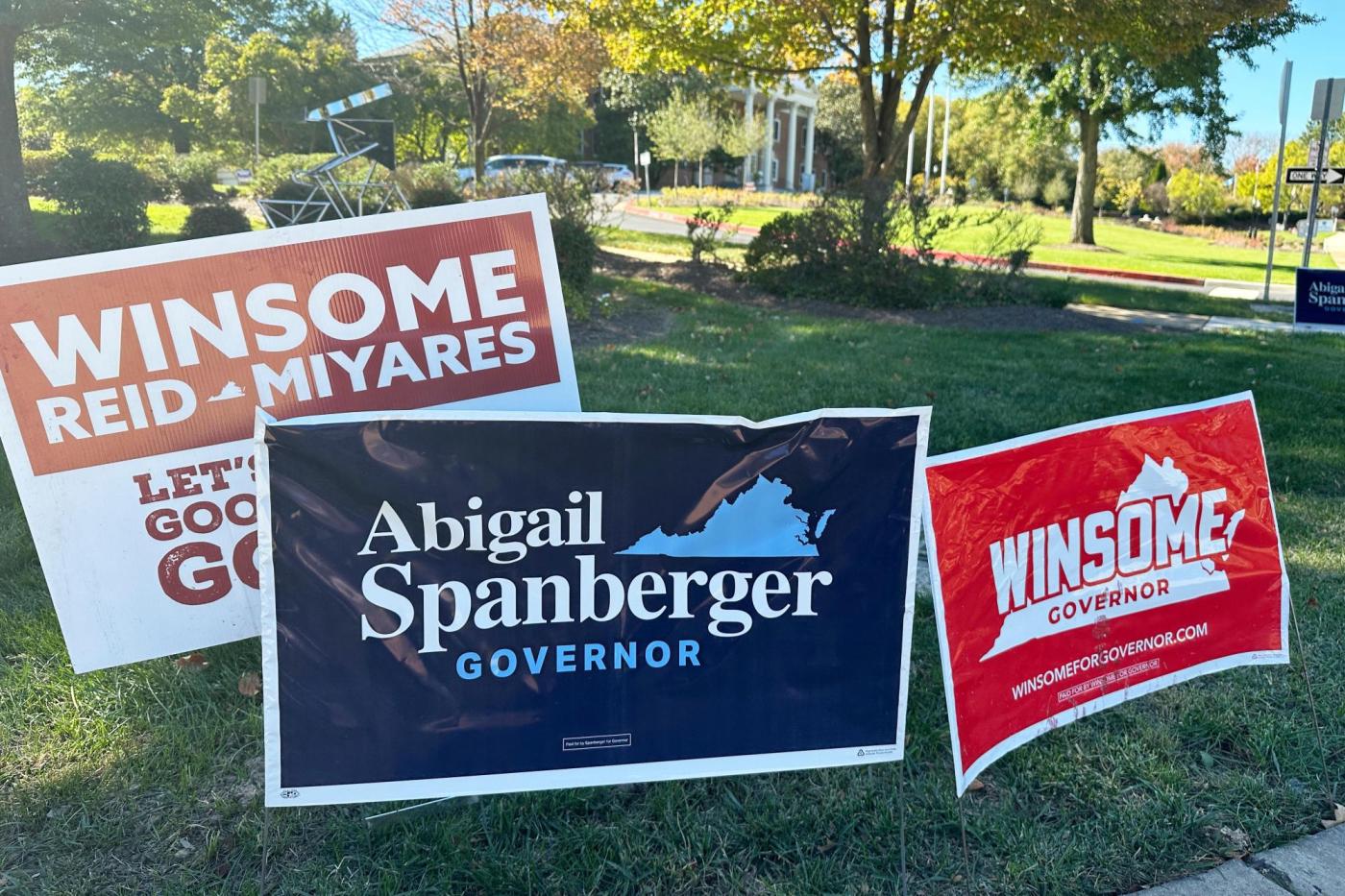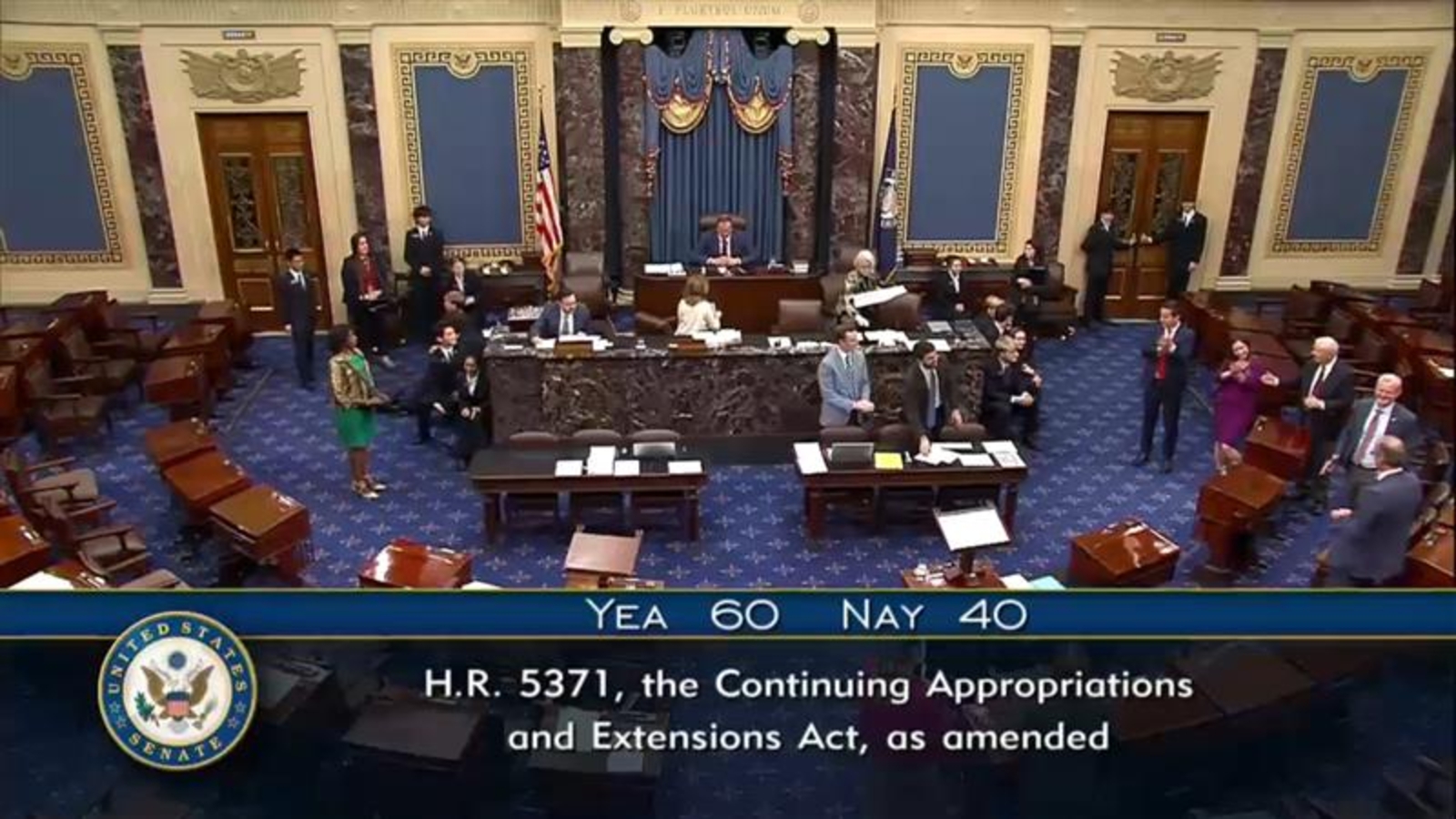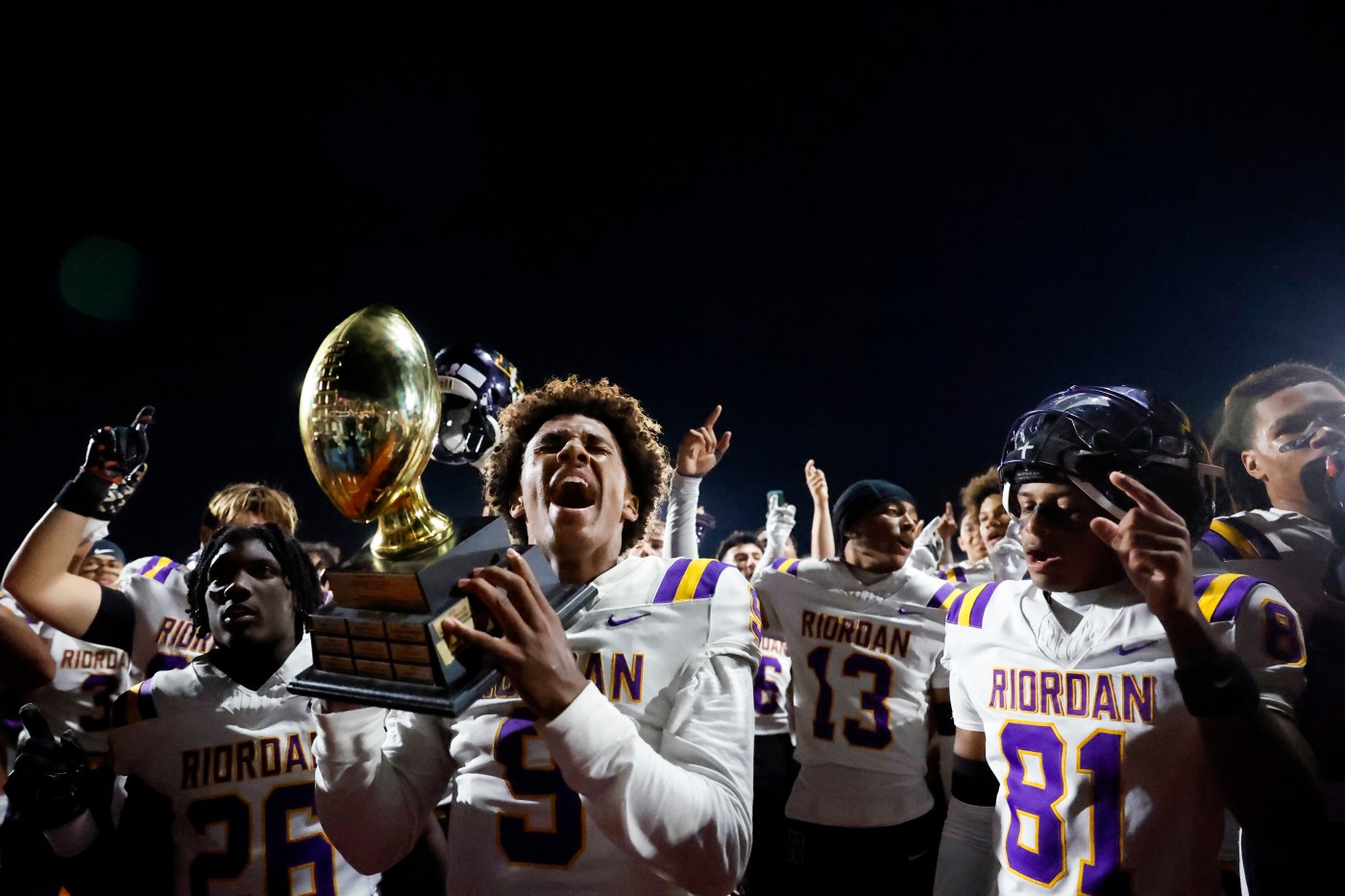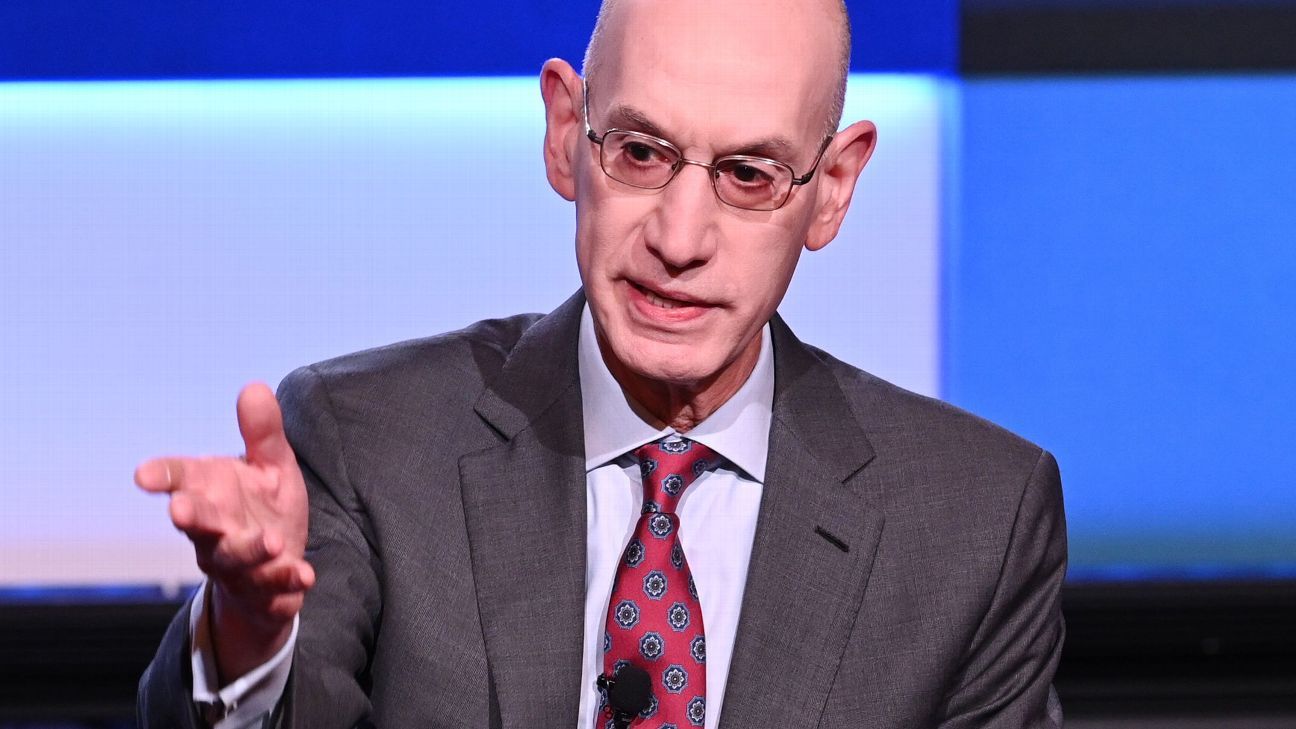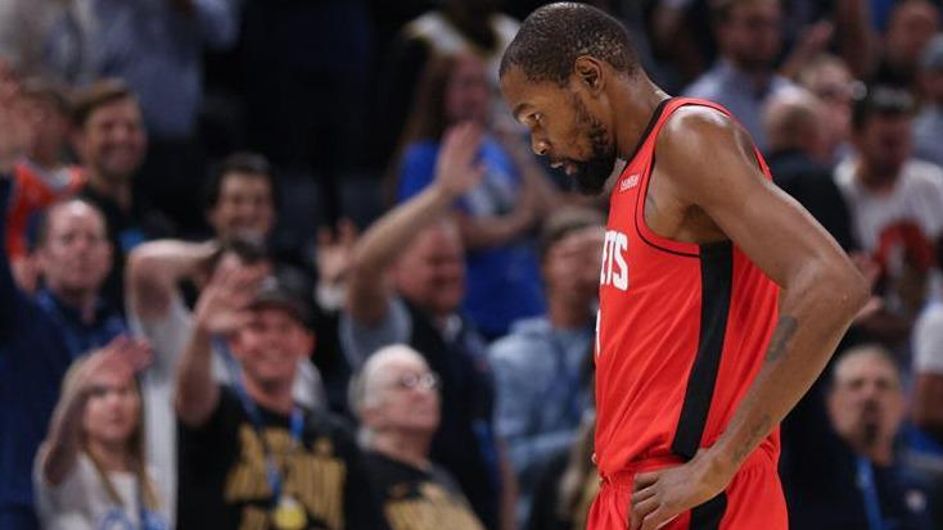UPDATE: In an unexpected twist, Virginia Democrats have decisively outperformed polling predictions in the recent gubernatorial election held on November 7, 2023. Democratic candidate and now Gov.-elect Abigail Spanberger secured a stunning 57.3% of the vote against Republican Winsome Earle-Sears, who garnered just 42.4%. Spanberger’s victory was confirmed within an hour of polls closing, marking a significant shift in voter sentiment that defied forecasts.
Voter turnout was energized by key issues, with many citing the escalating cost of living as a primary motivator. This electoral surge reflects a broader trend, as Democrats also flipped 13 House of Delegates seats, expanding their majority to 64. The predictions leading up to Election Day, which consistently showed Spanberger ahead but never by such a wide margin, have now been proven inaccurate.
In the closely watched race for Lieutenant Governor, Ghazala Hashmi defeated Republican John Reid by more than 11 points, further solidifying Democratic control in the state. Meanwhile, in the Attorney General race, Jay Jones triumphed over incumbent Republican Jason Miyares by over 6 points, despite initial polling suggesting a tighter contest.
Political analysts and voters alike expressed surprise at these outcomes. Stephen Farnsworth, a political science professor at the University of Mary Washington, noted, “Surveys are snapshots in time rather than crystal balls.” He emphasized that while polls aim for accuracy, they can produce unexpected results due to sample biases and timing.
As Virginia’s electorate shifted, key issues emerged prominently in voters’ minds. A VCU poll conducted on October 21 highlighted the rising cost of living as the top concern for 27% of likely voters, followed by immigration and reproductive rights. Another poll from the Wason Center identified threats to democracy and inflation as urgent issues, with 18% of respondents naming each as crucial.
Election Day saw voters across the state share their motivations. At polling places, many indicated that the government’s handling of economic issues and concerns over the Republican Party’s direction influenced their votes. One voter at Swift Creek Baptist Church remarked, “I used to be a Republican myself, but I don’t like the way the party’s gone under the Trump guidance.”
In Richmond, another voter, John Green, expressed similar sentiments, stating, “They were not willing to definitively distance themselves from the president and his politics.” These comments highlight a significant shift in voter alignment, particularly among those disillusioned with traditional Republican values.
Overall, preliminary data indicates that Republican turnout was lower than in 2021, while youth voter engagement saw an increase. This shift is crucial for the future of Virginia politics and signals a potential change in national trends as the 2024 elections approach.
With these results, Virginia Democrats are poised to influence not just state but also federal politics, as they navigate the outcomes of this pivotal election. Moving forward, stakeholders and voters alike will be watching how these changes affect legislative agendas and voter engagement in the coming months.
This election cycle’s unexpected results underscore the importance of staying attuned to voter sentiment and the evolving political landscape. Stay tuned for more updates as the implications of this election unfold.

